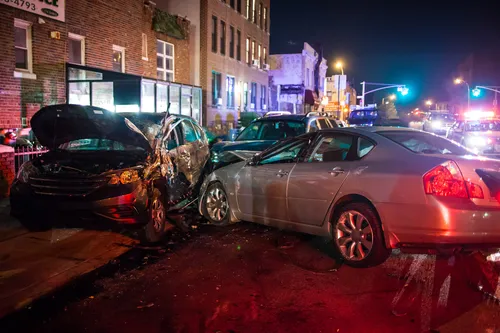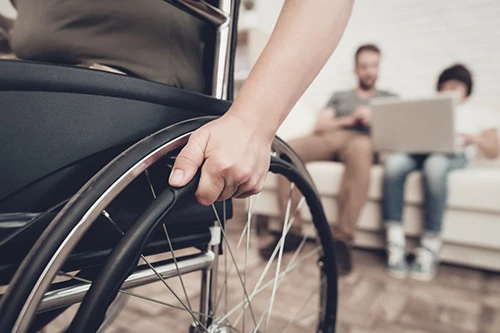Ride sharing services like Uber and Lyft are growing as a means of transportation across the country. Despite Florida taxi service protests, they have also secured a presence in South Florida. These services are inexpensive and convenient to use but, being a relatively new and unregulated service, there are certain risks in getting in the car.
Ride sharing services aren’t necessarily more dangerous than a taxi or driving your own car, but insurance coverage may be a potential issue. When you take a taxi, you can be confident that the driver is backed by a company that has insurance to cover a potential accident. However, if you are injured in an accident while in a ride-sharing vehicle, you may find that the driver’s insurance is unwilling to pay.
How Ride Sharing Works
Ride sharing services are typically utilized by downloading a smartphone app that you can use to call for a ride, pay for it and rate your driver and experience. Through the app, you can see who is nearby and, sometimes, you can contact your preferred independent driver. After passengers reach their destination, drivers pay the service about 20% of the ride fare and keep the rest. This system keeps the cost down for the company and the passengers and pays the driver well. Everyone wins right?
Where it Fails
Anyone can become a driver as long as they have an automobile that meets certain specifications, an in-state license, they are 21 years old or over, they must have been driving for at least 3 years and they have to pass a background check.
Drivers are allowed to use their own in-state insurance, which may or may not cover you in the event of a crash. Some Insurance companies specifically state that driving for profit is not covered but the ride-sharing company only requires that you have enough coverage to comply with state law. You can seek payment from your own insurance carrier, but only if you have purchased uninsured motorist coverage prior to using one of these services.
Even the ride-sharing company’s own coverage may not cover your injuries. Even though those companies supplement the driver’s insurance, that doesn’t necessarily mean that it covers all aspects of an injury claim.
If you are injured in a car accident while ride-sharing and you experience difficulty obtaining coverage from the insurance company, you still may be able to seek compensation through a personal injury claim. Be sure to consult an experienced personal injury lawyer to guide you through this process.

